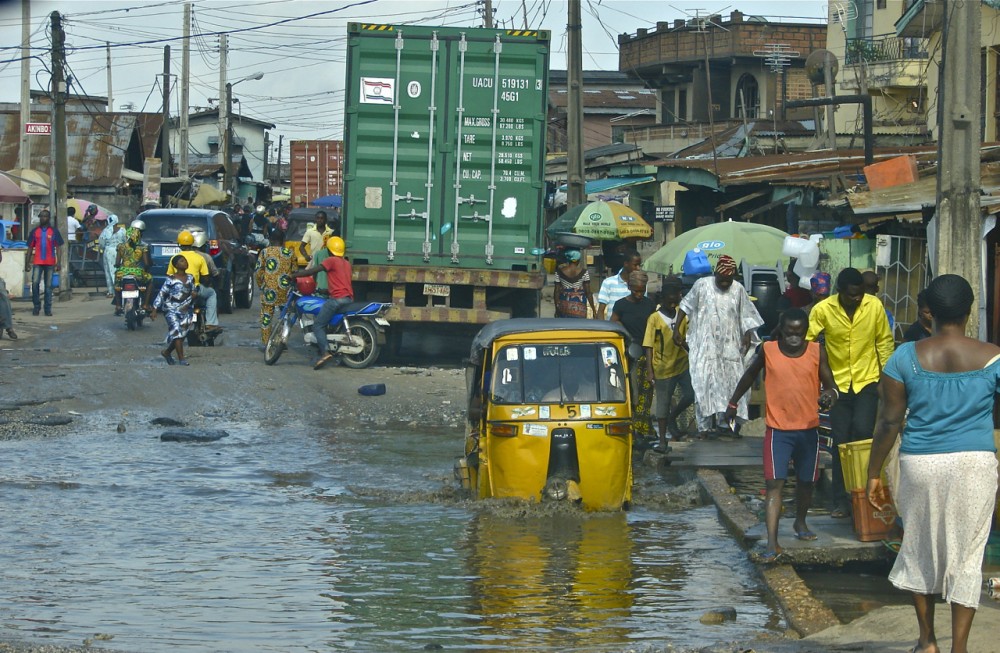Christian community in Nigeria counts losses after flood incident

When Emmanuel Nkwea left his house for his farm on a Saturday morning in September 2021, he was hoping to return with food items for his family. But disaster struck in Aponmu—a small, mostly Christian community in Nigeria’s southwestern state of Ondo—and Nkwea’s house was destroyed in a flood.
“The disaster of that morning shattered me. I was left with nothing after the incident,” Nkwea said. “The water swept away my properties and also destroyed the house where I have been staying for over 20 years.”
Every year, thousands of Nigerians, especially those living in riverine areas, are affected by flooding. Flooding in Nigeria has been associated with climate change, which contributes to extreme rainfall. In addition, improper waste disposal hinders the free flow of rainwater and often results in flooding when drainage systems overflow.




